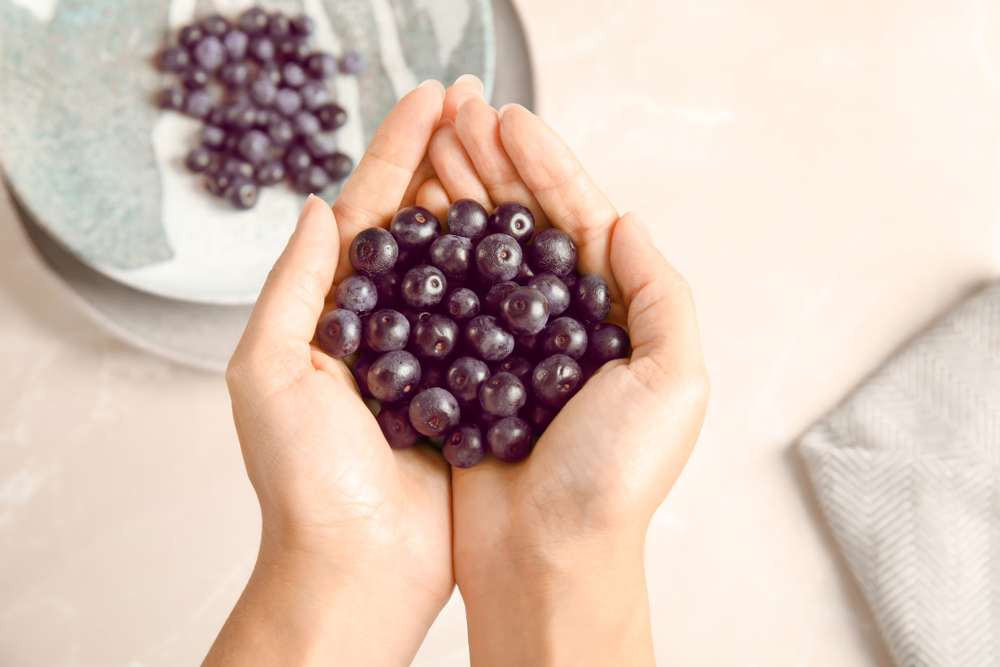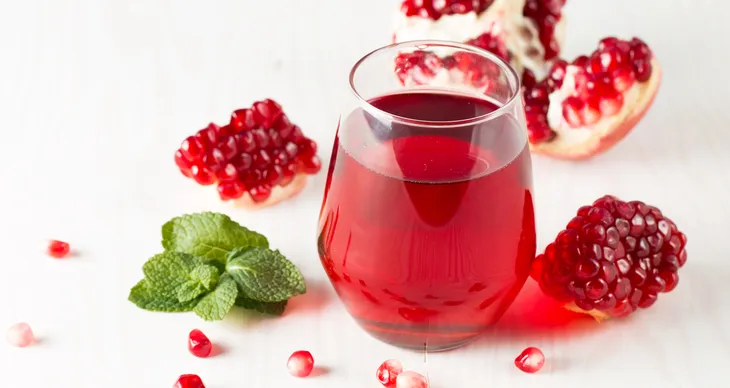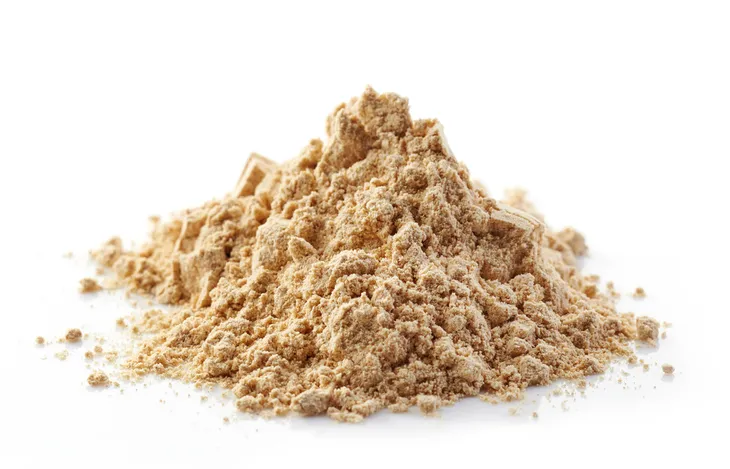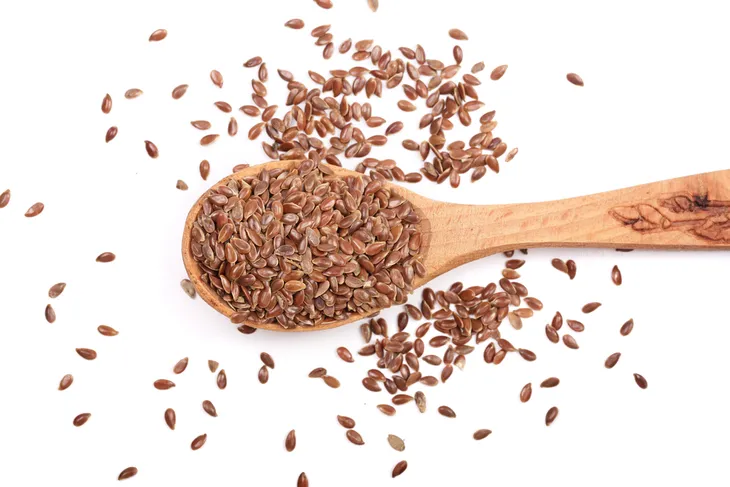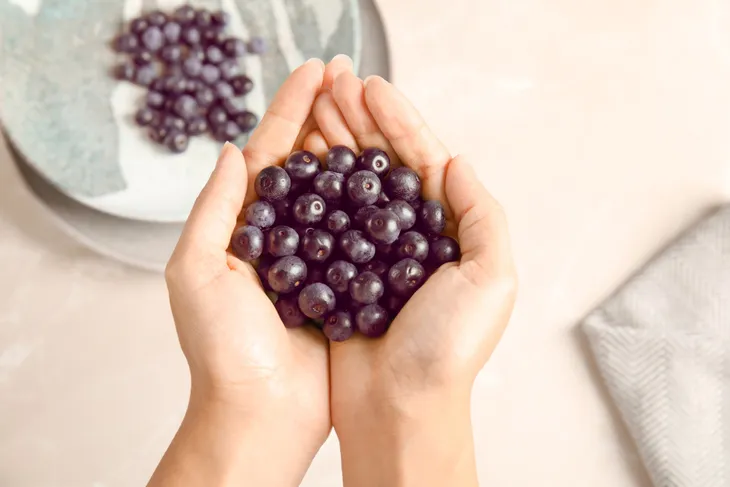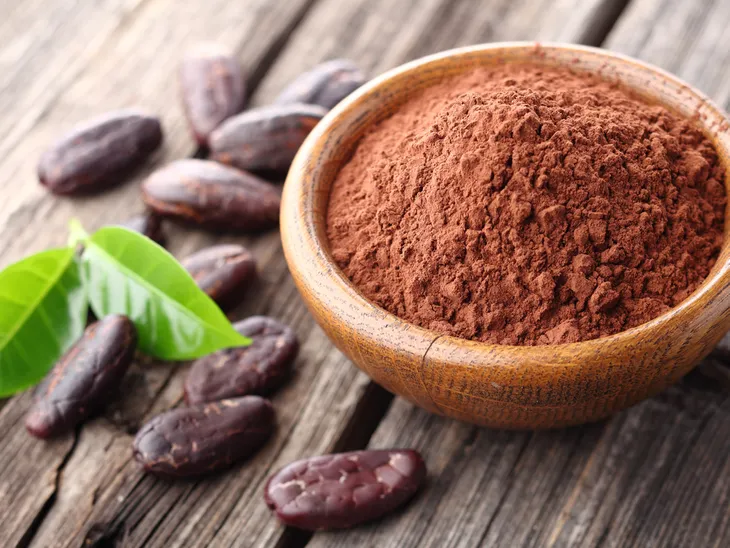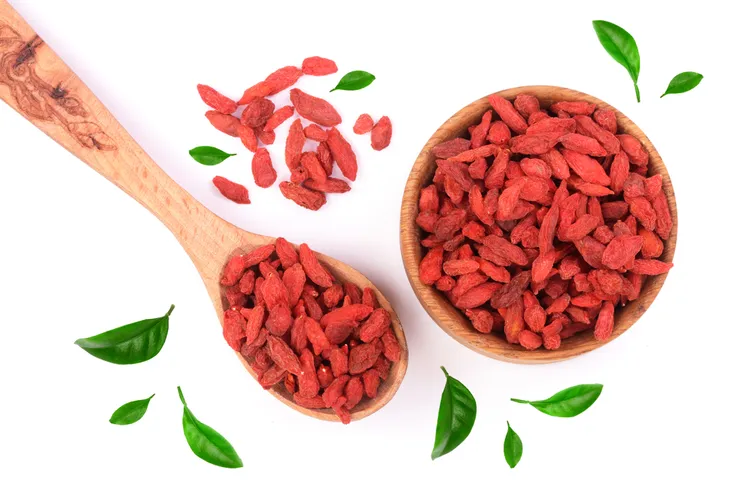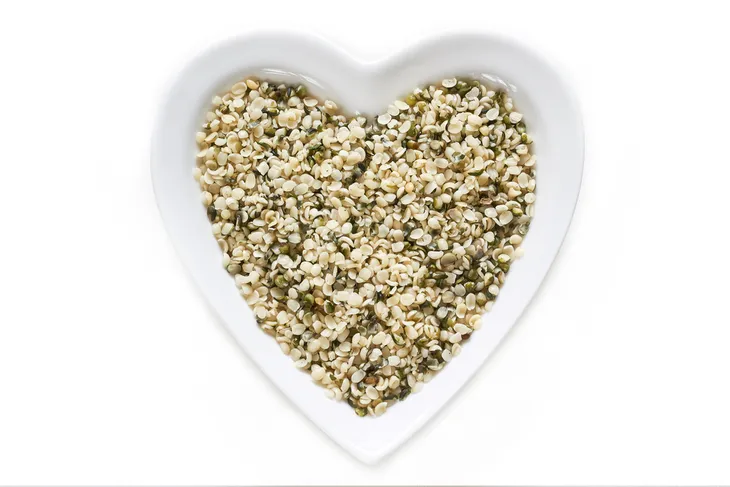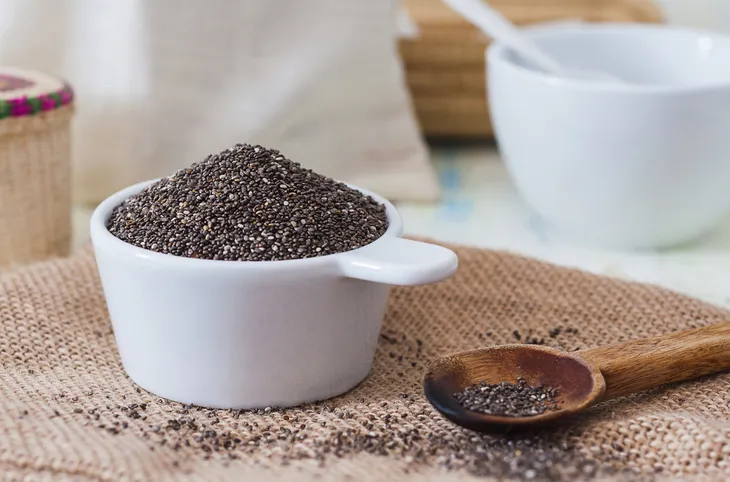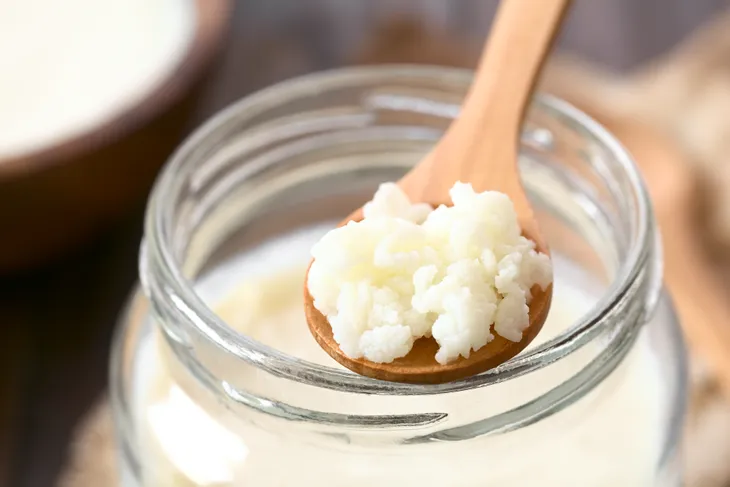Smoothies can provide a healthy breakfast or snack if they pack super mineral, antioxidant, or vitamin ingredients like these. Sure, we know the following smoothie superfoods don’t necessarily taste that good on their own, but blended with yogurt, almond milk, fruits, and veggies they sure taste smooth…
Pomegranate Juice
Pomegranates are an antioxidant-packed super food. Serving up even more beneficial polyphenols, tannins, and anthocyanins than cranberry juice, this crimson liquid prevents coronary heart disease by encouraging healthy blood flow directly to your heart.
Maca Powder
The maca plant root makes for a nice smoothie base when it’s ground down into a fine powder—chalked full of vitamins, minerals, and nutrient-rich plant sterols. If you’re looking for an energizing kick in the morning, adding a little maca powder to your smoothie will ensure you’re loaded with the energy, stamina, and drive to tackle the day ahead.
Flaxseed
Feeling a little run down? Add some flaxseeds to your breakfast smoothie. A mere tablespoon will help rid your body of chemicals, viruses, and other weighty toxins. A fiber- and antioxidant-rich super food, flaxseeds are also full of healthy omega 3 fatty acids for improved cardiovascular, immunity, brain, joint, and digestive performance.
Acai
Acai! It kinda sounds like something a superhero would yell mid-villain defeat. Well, acai berries really do have super powers—especially when you consider their antioxidant prowess. Not only are they filled with fiber and protein for vital morning energy body’s energy; they’re blended consistency is creamy and reminiscent of sweet, sinful chocolate even though they are low in fat.
Cacao Powder
Yes, you can enjoy a chocolatey tasting smoothie as your mid-afternoon snack without any guilt. How? With cacao powder. Not only will it fool you into thinking you’re enjoying dessert for breakfast, cacao has immune-strengthening properties that defend the body against nasty colds and viruses…while curbing sugar cravings.
Goji Berries
I love goji berries. Not only are they brilliant in trail mix—they’re nutrient powerhouses with serious healing abilities. A small amount in your smoothie will serve up a double shot of antioxidant and amino acids necessary to fight sickness, improve eyesight, and restore hormonal balance in menopausal women.
Hemp Hearts
If you’re a vegan, vegetarian, or if you just don’t eat a lot of meat (like me), an alternative protein in your smoothie can really boost your energy levels and muscle repair. Hemp hearts can be purchased in powder form to deliver daily fiber and amino-acid essentials in blended form. A few tablespoons deliver a yummy nutty protein punch post-workout.
Chia Seeds
Green smoothies—consisting of the goodness of baby spinach, spouts, and arugula—are touted for their ability to promote cardiovascular health. However, adding a good source of omega-3 fatty acids to the mix will also improve your brain function while working to lower your cholesterol.
Chia seeds are a heart-healthy protein, consisting of impressive stores of iron, calcium, fiber, amino acids, and antioxidants, plus a few tablespoons add a sweet taste to smoothies. Just be careful with the amount of chia seeds you’re using because they are very high in calories.
Kefir
Kefir is a probiotic powerhouse in drinkable yogurt form. Stocked with healthy probiotics (beneficial bacteria and yeasts), plus calcium, vitamin B12, folate, phosphorus, vitamin K, minerals and essential amino acids, kefir is considered a complete protein that fuels the body, aids digestions, and protects the gastrointestinal system from various upsets and diseases.
